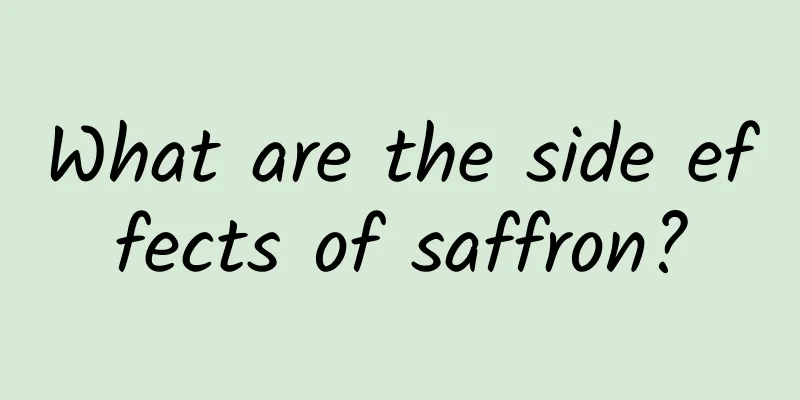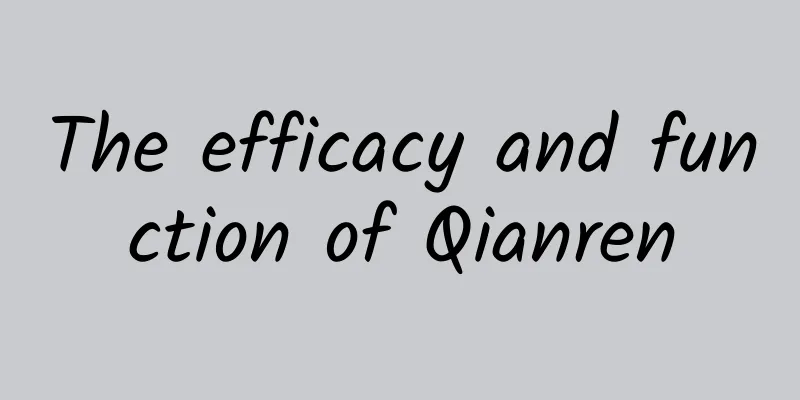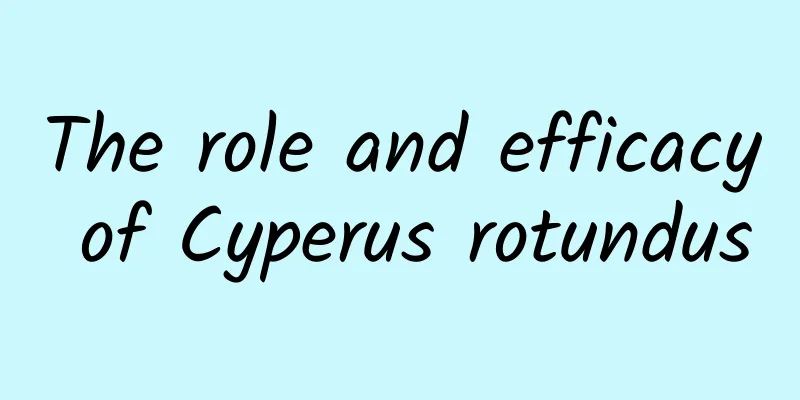The efficacy and function of pecan leaves

|
The Chinese medicinal pecan leaf is already very familiar to most people. But in fact, not many people know the effects and functions of the traditional Chinese medicine pecan leaves, so let’s talk about it below. [Source] Medicinal material source: The leaves of Carya cathayensis, a plant of the Juglandaceae family. [Original form] Deciduous tree, 10-20m high. The bark is smooth and grayish white; the pith is solid; the winter buds are naked and have no bud scales. Odd-pinnate compound leaves, alternate, 16-30cm long, with 5-7 leaflets, the terminal leaflet and the upper lateral leaflets are of the same shape and size or slightly larger; the leaf blade is lanceolate or obovate-lanceolate, slightly sickle-shaped, 10-18m long, 2-5cm wide, acuminate at the apex, cuneate at the base, slightly oblique, with fine serrations on the edge, green on the upper side, and with orange-yellow glandular scales on the lower side. Flowers are unisexual and monoecious; male catkins are 3 in 1 bundle, axillary, 10-15cm long, with short petioles, no perianth, 1 bract and 2 bracteoles, and 2-7 stamens; female inflorescence is spike-shaped, terminal, erect, with densely glandular inflorescence axis, 1-3 flowers, no perianth, 1 bract located in the front, 3 bracteoles located on both sides and back, fused with the bracts to form a 4-lobed pitcher-shaped involucre, adnate to the ovary, the ovary is inferior, without style, and the stigma is disc-shaped. The fruit is obovate, drupe-like, with 4 narrow wing-like longitudinal ridges, split into 4 lobes when ripe, the endocarp is hard and bony, light grayish yellow, 1mm thick, and acute at the apex; there are no gaps in the septum and wall, and the cotyledons are deeply divided into 2 parts. The flowering period is April-May, and the fruiting period is September. [Habitat distribution] Ecological environment: Growing in mountain forests at an altitude of 400-1200m or in valleys rich in humus. 【Nature and flavor】 Bitter; astringent; cool 【Functions and indications】 Clears away heat and detoxifies; kills insects and relieves itching. Main symptoms: wet and itchy toes; skin ringworm 【Usage and Dosage】 For external use: appropriate amount, decocted into water, used for fumigation or washing; or mashed into juice and applied. 【Excerpt】 Chinese Materia Medica The above content is an introduction to the Chinese medicinal pecan leaf. I hope it can be of some help to everyone. There are many medicinal herbs similar to pecan leaves in our daily life. We need to follow the doctor's instructions when taking Chinese medicine such as pecan leaves and not take them blindly. |
<<: The efficacy and function of Sanhexiang
>>: The efficacy and function of Scots scopolamine[picture]
Recommend
The effects and functions of bitterwood root
As for bitterwood root, I think some people may h...
How dark is the darkest material in the world? It is said that even scientists cannot measure it
Recently, NASA has drawn the most accurate image ...
What are the effects of fresh black wolfberry wine?
Wolfberry is a very common Chinese medicine. It v...
[Popular Science of Chinese Military Technology] How does sonar "illuminate" the dark seabed during naval battles?
Modern naval warfare has long encompassed three a...
Want to eat nutritious and healthy food? You need to pay more attention to phytochemicals
Phytochemicals are chemical substances produced b...
The efficacy and function of horse broom
Horse broom is a traditional Chinese medicinal ma...
What are the effects of Jiujie Tea?
Jiujie Tea may not be drunk by most people in nor...
Why do people still get shorter as they age? "Height reduction" may be related to these reasons
As the saying goes, "People get shorter as t...
Is it possible to know everyone in the world? Is this theory really so amazing?
Audit expert: Chen Mingxin National Level 2 Psych...
Is the new coronavirus a "super mutation"? A picture to understand "Omicron"
Recently, the new coronavirus variant "Omicr...
The efficacy and function of Artemisia comb teeth
Modern medical research believes that Artemisia c...
Huh? Music also has "fingerprints"! This is how the song recognition function is implemented →
Everyone may have had this experience. Hearing a ...
Memory is the basic skill of learning and working! Who is the dream weaver of the memory network in the brain?
Memory is the basic skill of learning and working...
Can pushing poop too hard lead to sudden death?
Have you ever had this experience: in the toilet,...
The efficacy and function of Nahu
Many people are not very clear about Nahu, so whe...









